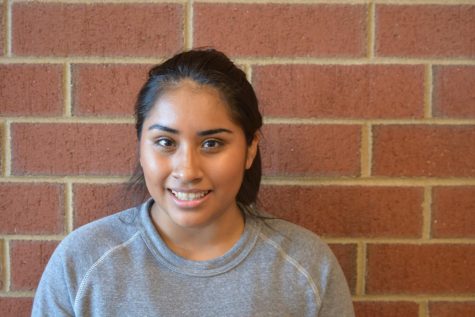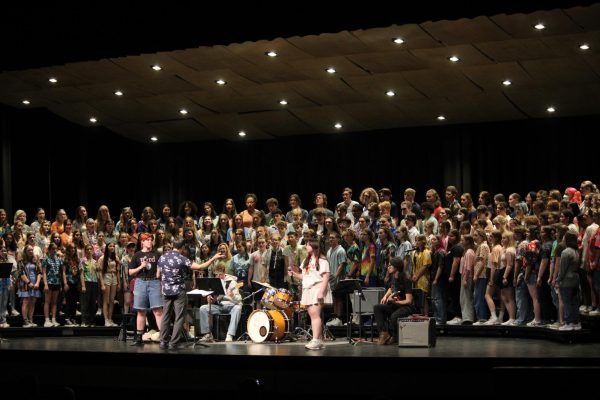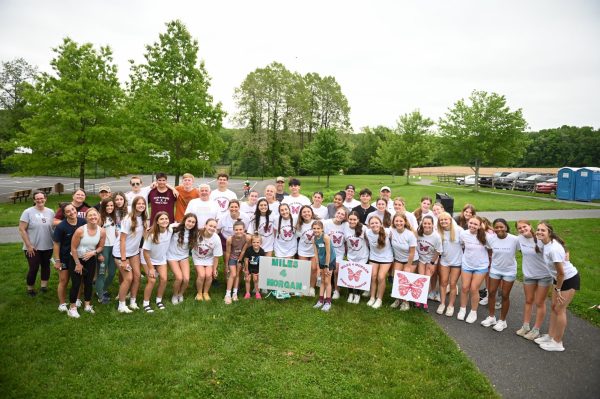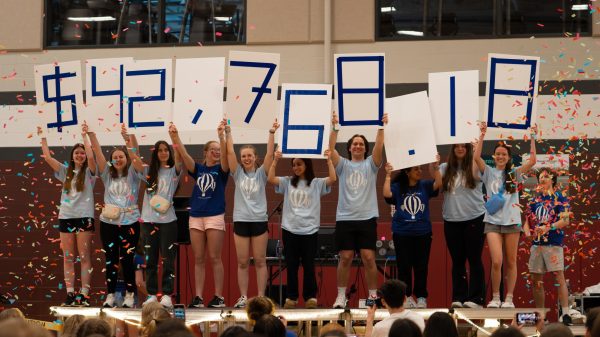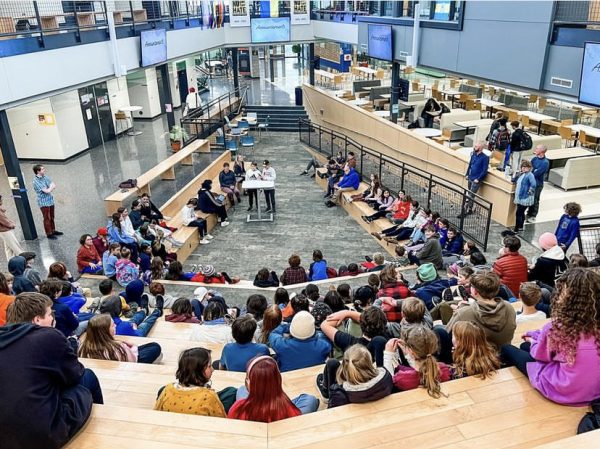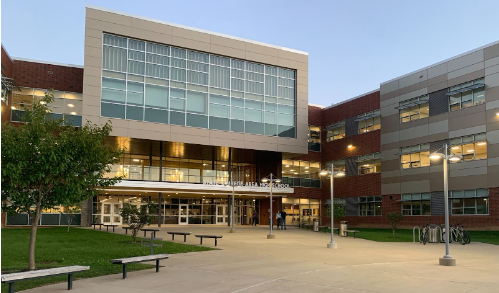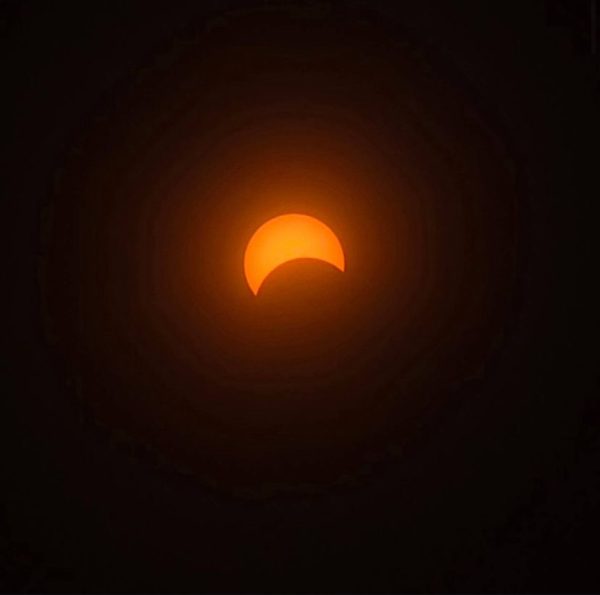Social Media: A Tool for Protest
A student looks at the State High Walkout Instagram account.
February 17, 2017
A Facebook page created in the aftermath of election night launched what some people call the revival of the women’s movement. In a matter of hours, hundreds flocked airports around the nation in response to President Trump’s immigration ban, only after becoming known by tweets. Even here, at State High, a post only two days before the event occurred, inspired 60 students to walk out and protest for their rights at the flagpole. All of these events, in light of the new presidency hint at abrupt changes in the political divide. And yet the controversy that follows, has been dealt with peacefully across the country. Though our nation is clearly divided due in part to political upheaval, the protests around the world have conveyed an important message: social networks can make a difference.
Social media – in the past has allowed the creativity of sharing information, interests and other forms of expression to flow, and has started to break down many barriers in past years. Yet, in recent months, social media has become not just a place to connect, but a place to protest. Though many think its rise popularized in North America, social medias righteous advancement has been thought to have started after the Arab Spring movement in the Middle East.
The Arab Spring movement was a revolutionary wave of protests, riots, and civil wars in the Arab world. It is most importantly noted that during the Arab Spring movement, younger generations were key in the success and couldn’t have been done without the power of social networking. That same idea similarly reflects in this election season and the dominant performance of this generations millennials.
“I think Facebook and Twitter seem to be two of the most important platforms in this day and age. This seems especially so in light of the protests that have been occurring right now in the world”, says freshman Kaden Litzinger. “Not only do I think more people should become involved, I think the power that social media upholds will help us fight back in the future.” According to eMarketer report, an estimated 1.73 billion people use social media, which is 1 and 4 people worldwide. All becoming involved in the world’s biggest (diverse) town square. Social media has become a area to connect with people of different races, religions, nationalities, and political perspectives all around the world… in seconds.
Though social media and it’s platforms keep striving socially and politically, some feel the continuous advancement has some questionable outcomes. Senior Jordan Bair states “I think social media is abused. Frankly the intention (of social media) is not to put all of you thoughts out there to be ridiculed, nor to bring more cause for distress in our culture” says Bair. “Social media acts as a distant grain of society, while having many benefactors, it also brings disrespectfulness to opinions which are not valued.” explains Biar. ”Social media is more harmful then it is healthy”.
In this day and age, social media plays an important if not conclusively decisive role in the protest movements of recent. Not only involving like minded people in the nation, but people across the world as well. Though it proves to be a topic of controversy, it seems ready to take on its biggest test yet- the future.


